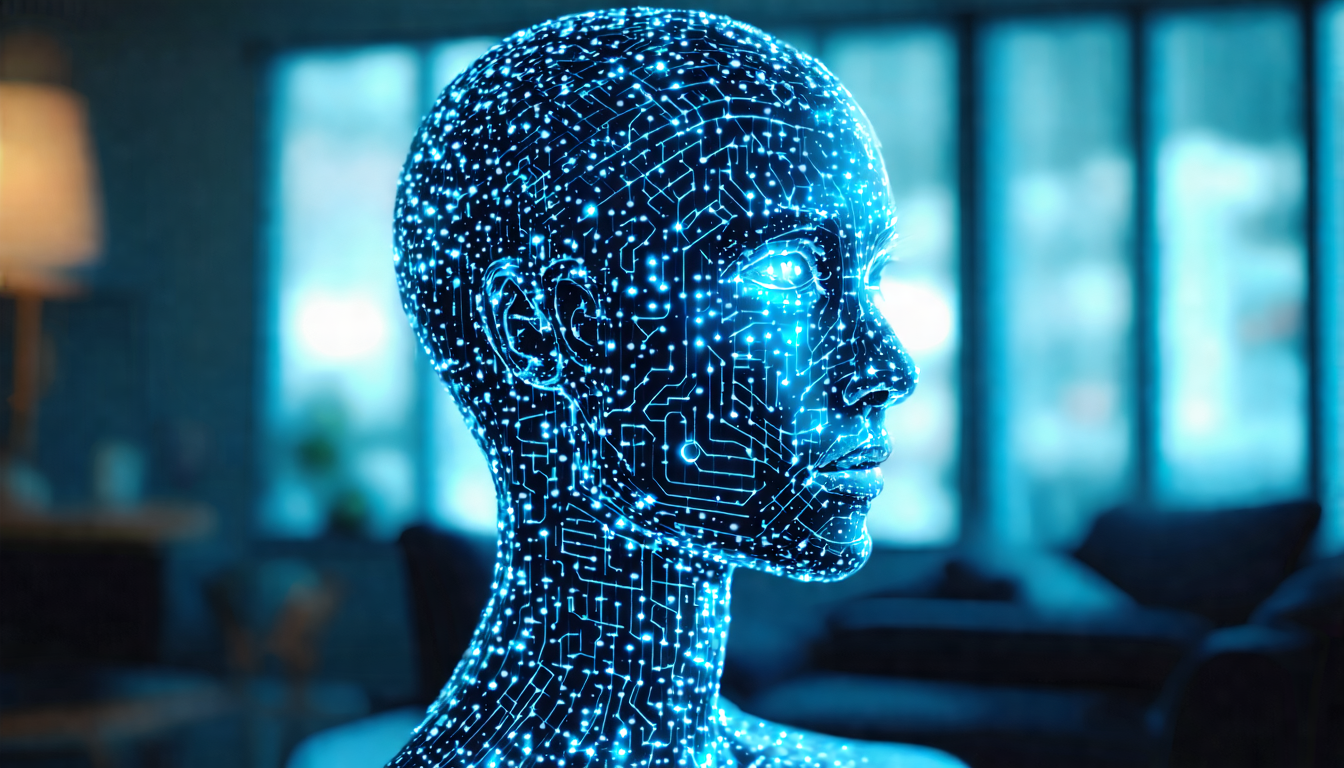In recent years, artificial intelligence (AI) has rapidly advanced and become increasingly integrated into our daily lives. From smart home devices to self-driving cars, AI has the potential to greatly improve our quality of life and efficiency. However, with progress comes ethical considerations and concerns that must be addressed. As AI continues to evolve and integrate into various industries and systems, it raises questions about the impact it will have on society and our personal values.
One of the primary concerns surrounding AI development is the potential for bias and discrimination. AI systems are only as objective as the data they are trained on, and if that data is biased or incomplete, it can perpetuate discriminatory outcomes. This becomes particularly problematic in areas such as hiring, where AI algorithms are used to screen job applications and can exhibit bias against certain demographics. There is also a fear that AI will replace human workers, leading to job loss and economic inequality. Along with these concerns, there are also ethical dilemmas surrounding the use of AI in decision-making, as it raises questions about responsibility and accountability.
In order to address these ethical concerns, there needs to be open and transparent dialogue between developers, users, and regulators. Transparency in the decision-making processes of AI systems will help mitigate bias and discrimination. It is also important for developers to consider the ethical implications of their creations and incorporate ethical principles into the design


